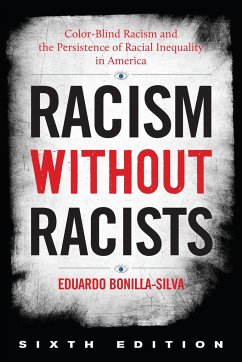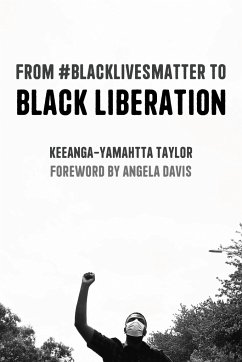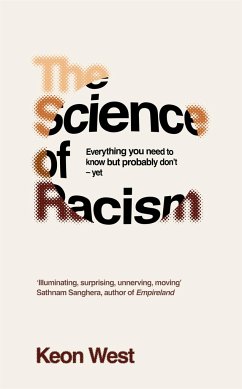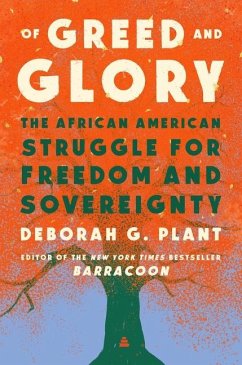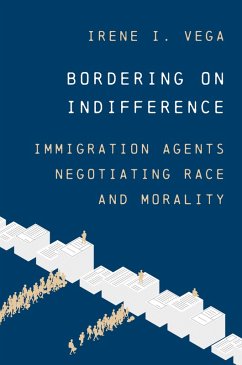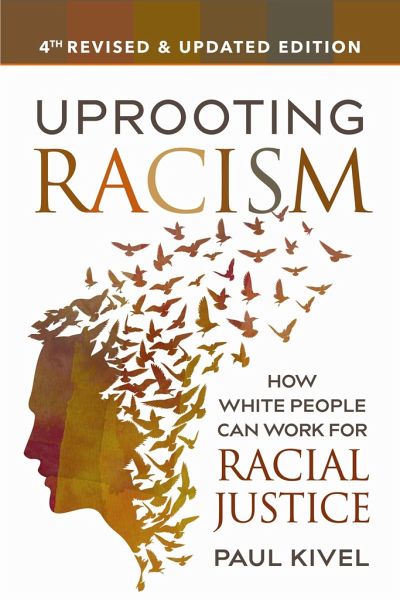
Uprooting Racism
How White People Can Work for Racial Justice

PAYBACK Punkte
13 °P sammeln!
There's a long tradition of white people opposing racism-but there are also many excuses we give for not getting involved. Now in a fully updated 4th edition, Uprooting Racism is the supportive, practical go-to guide for helping white people work with others for equal opportunity, democracy, and justice in these divisive and angry times.




